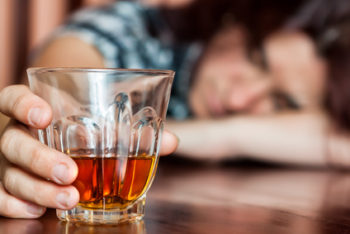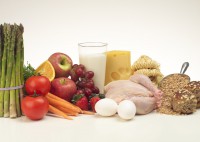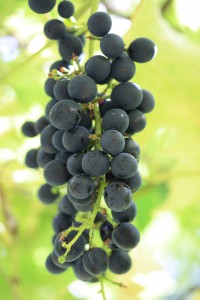 Doctors have long cautioned against poor lifestyle choices, such as smoking, that increase the risk of cancer. In a study that may hold implications related to immunotherapy for cancer, scientists have discovered how alcohol use causes DNA damage in cells.
Doctors have long cautioned against poor lifestyle choices, such as smoking, that increase the risk of cancer. In a study that may hold implications related to immunotherapy for cancer, scientists have discovered how alcohol use causes DNA damage in cells.
Harmful Effects of Alcohol on DNA
Cancer Research UK partially funded a study conducted by a research team at Cambridge. After mice were given diluted alcohol, also known as ethanol, they experienced genetic damage as a result of acetaldehyde that forms when the body processes alcohol.
Using chromosome analysis and DNA sequencing, the researchers found that acetaldehyde causes DNA within blood stem cells to break. Once the chromosomes rearrange, the DNA sequences are permanently changed.
According to Professor Ketan Patel, lead author of the study, DNA-damaged stem cells can lead to the development of cancer. This damage is sometimes random, but consumption of alcohol increases the risk.
Can Alcohol-Related DNA Damage Be Prevented?
The body uses enzymes called ALDH as well as DNA repair systems to protect against alcohol-related damage. In the study, mice who lacked essential ALDH suffered four times the amount of DNA damage as mice with the enzyme, indicating that faulty defense mechanisms increase the risk.
Professor Patel warned that even intact alcohol defenses are no guarantee against developing cancer. In addition, Professor Linda Bauld of Cancer Research UK pointed out that alcohol contributes to more than 12,000 cancer cases in the UK each year.
Non-Toxic Immunotherapy for Cancer at Issels®
Our integrative programs are individually created to include gene-targeted therapies and other treatments that address a patient’s specific needs. Contact us for more information.



